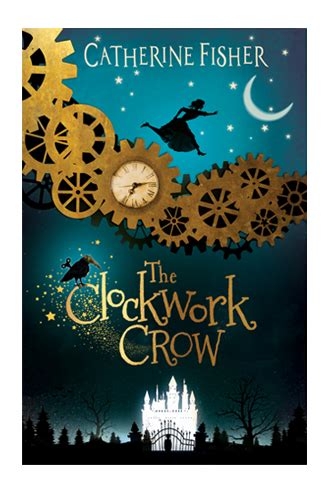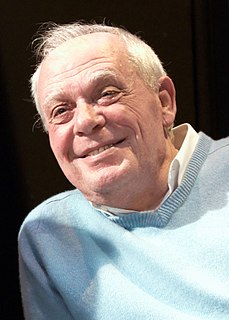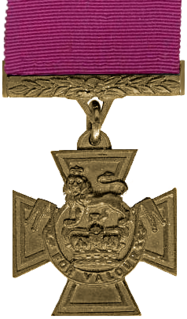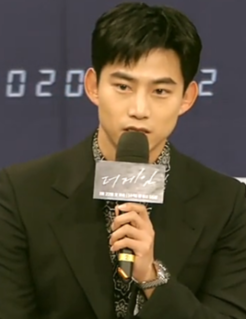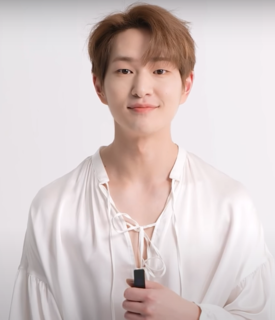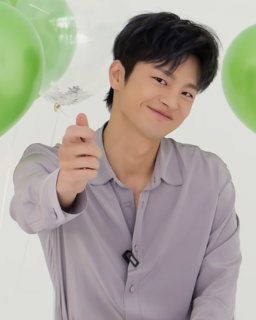A Quote by Kim Hyesoon
The grotesque in my poems is the motion I use to put myself and the grotesque world together. So the miserable images I use in my poems are the same as the letters I send into the miserable world.
Related Quotes
These are crystalline - oftentimes incandescent - translations of Juarroz's powerful metaphysical poems where eternity and silence jut up against a world where “writing infects the landscape” and there are “more letters than leaves” - The kind of match one hopes for where both the translator and the poet are in luck; new poems which don't leak and yet old poems in which the original passion shines.
It's true, there aren't many explicit references to Canada in my book. And not many explicit references to the U.S., either. I try to fill my poems with enough real, observed detail that the poems create a believable world - but I don't write poems for the sake of telling my own story. My life is not important or interesting enough to warrant that kind of documentary. Instead I try to use my experience as a way of understanding situations that are common to many people. I want readers to project their own lives onto my poems.
When you draw, you copy the world don't you? You remake it on paper, but it isn't the same. It's yours. No one else could have created it just like that. When I make poems, I use the words we all use, but the order and the sound create a new power. This wood is someone's creation. We stumble through it's tendrils, as if we're crawling through the synapses of his mind.







